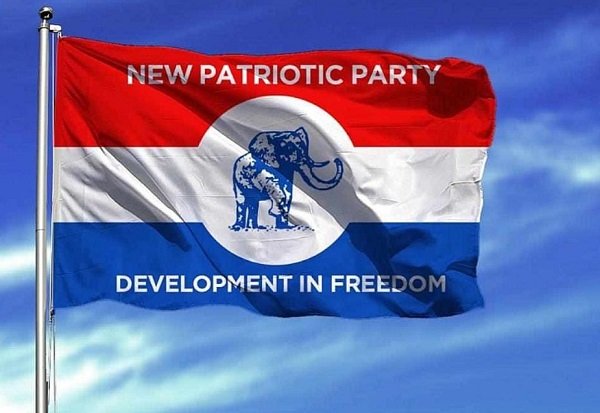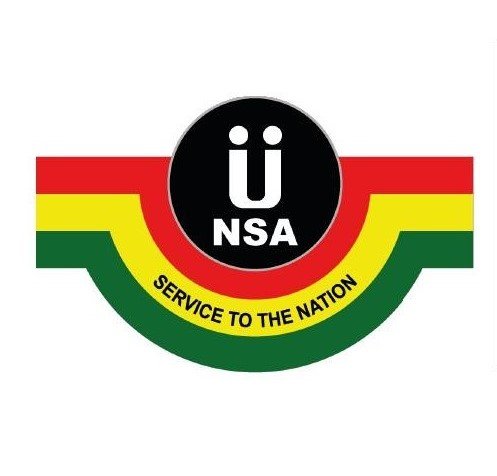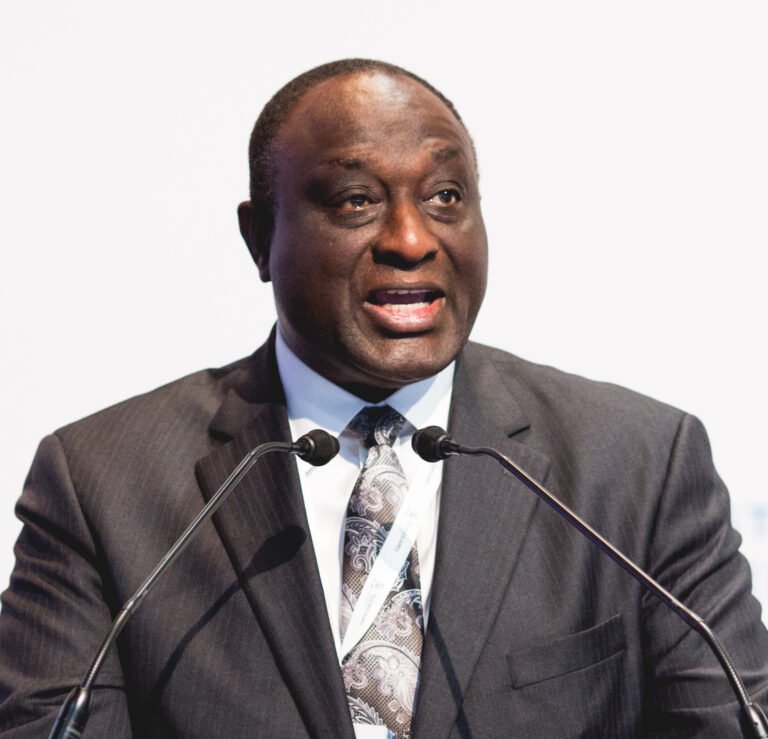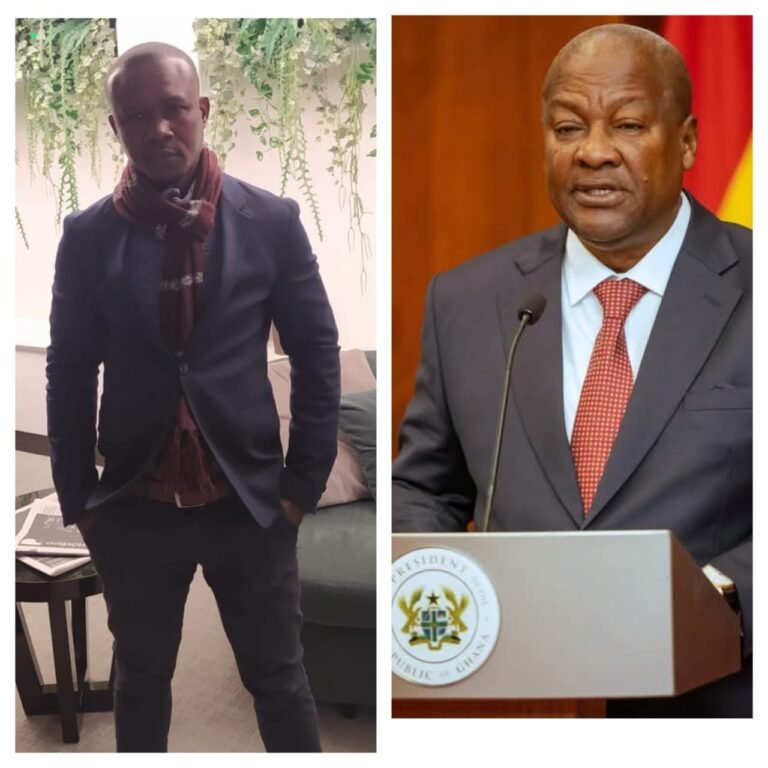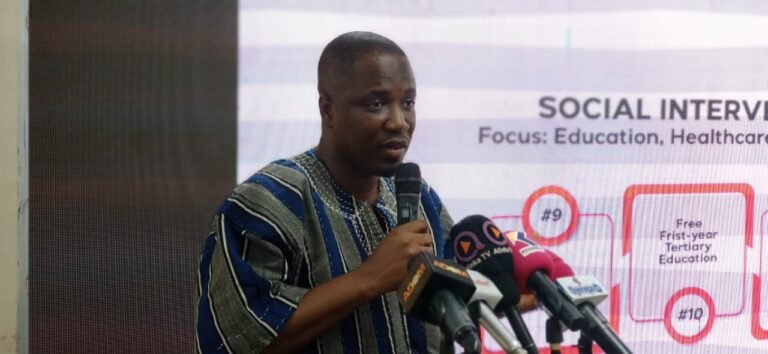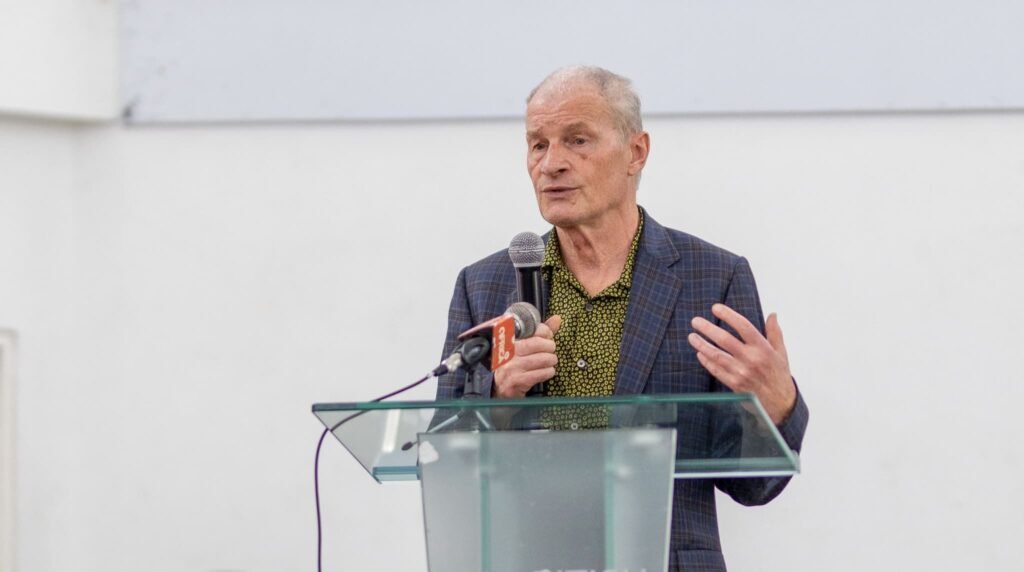
The writer
By Prof. Jeffrey Haynes
Ghana is to be congratulated for successfully conducting its ninth round of presidential and parliamentary elections since the return to democracy in 1992. The return to democracy followed a decade of the Provisional National Defence Council’s (PNDC) military-civilian rule, led by Flight-Lieutenant Jerry John Rawlings.
Rawlings burst on to the political scene in May 1979, attempting a coup which was foiled. His next attempt, on 4 June 1979, was successful. The Armed Forces Revolutionary Council stayed in power for a few months before handing over to the elected government of Dr Hilla Limann in September 1979. Two years later, on 31 December, 1981, Rawlings was back, this time for good.
The French expression ‘plus ça change, plus c’est la même chose’ – in English, ‘The more things change, the more they stay the same’ – means that even while things may seem different, the fundamental aspects of life and human nature seem to remain constant. The phrase conveys the idea that despite apparent changes in society, certain fundamental aspects or patterns remain unchanged over time.
Relation
How does this relate to Ghana? Seeking to justify the coup, Rawlings claimed the PNDC was a short-term response to Ghana’s political and economic crisis which, he believed, was caused by the egregious corruption among the ruling elite. In January 1993, the PNDC stood down for an elected, multi-party government, with Rawlings as president. After two terms in office, he finally relinquished power in January 2001, as the constitution demanded. Thus, beginning his political career as a military dictator with revolutionary aspirations, Rawlings ended it as a twice democratically-elected civilian president.
Despite his stated desire to change the parameters of politics in Ghana, Rawlings found it very difficult to establish the PNDC’s legitimacy among Ghanaians. This was partly because the government the PNDC replaced, the People’s National Party administration of Hilla Limann, had been democratically elected and thus to an extent enjoyed popular legitimacy. During Limann’s brief rule, which ended with Rawlings’ second successful coup, the American non-governmental organisation, Freedom House (FH), designated Ghana as ‘free’, that is, with a high level of both political rights and civil liberties; in other words, a functioning liberal democracy. During PNDC rule, FH consistently labelled Ghana as ‘not free’, with a low level of political rights and civil liberties; in other words, an authoritarian regime without democratic characteristics.
Fast forward to 2024. During the eight years of New Patriotic Party (NPP) rule under the leadership of President Nana Akufo-Addo, Ghanaians complained of egregious, high level, corruption. It is likely that one of the main reasons why the NPP was routed in December’s general election by the National Democratic Congress led by John Mahama is the perception that Ghana was not being ruled for the good of the many but for the personal interests of the few. Shades of Rawlings here … After nearly half a century, it appears, Ghana is suffering from the same problem as it was in the late 1970s: egregious corruption among those with power.
Affliction
Ghana is afflicted by unethical leadership which leads to moral decadence at the top which, allied by often dysfunctional institutions that facilitate the abuse of government power, undermines the ability of democracy to deliver capable, legitimate and representative governance. Democracy’s realisation depends upon citizens’ aspirations and capacities to sustain forms of governance that promote the expression of their personalities and the full actualisation of their potentials. To be vigorous, Ghana’s democracy must encourage a variety of beliefs, motivations, and behaviours that accord with optimal development outcomes and pursuit of the common good.
Democracy is a consistent challenge that can only be realised by citizens’ comprehensive moral commitment to treat each other with the same respect as each would like to be treated. It is also necessary to care for each other’s well-being just as one cares for one’s own growth and happiness. Democracy may fail unless citizens’ moral agency uses democratic institutions to moderate economic and social iniquities caused by modern life.
Until recently Ghana was widely recognised as a democratic success story. In 2008 the U.S. National Intelligence Council stated that ‘Ghana has emerged as one of Africa’s most liberal and vibrant democracies, reclaiming a position of political leadership on the continent’. Freedom House’s 2023 report identifies Ghana as a ‘free’ country, implying a relatively high level of democratic development, with considerable political rights and civil liberties. Ghana’s democratic strengths include a viable multiparty system; electoral reforms to improve the structure and process of elections; a lively civil society and independent media; and widespread acknowledgement of the importance of democratic norms by both the mass of ordinary Ghanaian citizens and political elites, behaviourally, attitudinally, and constitutionally.
Backsliding
Freedom House has also itemised signs of Ghana’s democratic backsliding: discrimination against women and LGBT+ people, weaknesses in judicial independence and the rule of law, corruption and public service delivery present challenges to government performance, political violence, involving party-based political vigilantes causing insecurity and violent riots in the name of political parties. as well as illegal mining causing destruction to water bodies.
Ghana’s democratic weaknesses also include electoral processes that continue to be saddled with monumental flaws that undermine the integrity of elections and pose a threat of democratic relapse; executive presidency with wide, some claim excessive, powers; ethnically or tribally based politics that potentially undermine political stability; periodic postelection violence; and limited policy influence for civil society.
If Ghana is to develop successfully, there must be major changes at the top; business as usual can no longer be the default mode. If Ghana wants a successful 10th round of presidential and parliamentary elections in 2028, the new government must work hard and consistently to reform politics for the good of all.
The writer is an Emeritus Professor of Politics at London Metropolitan University, UK.

